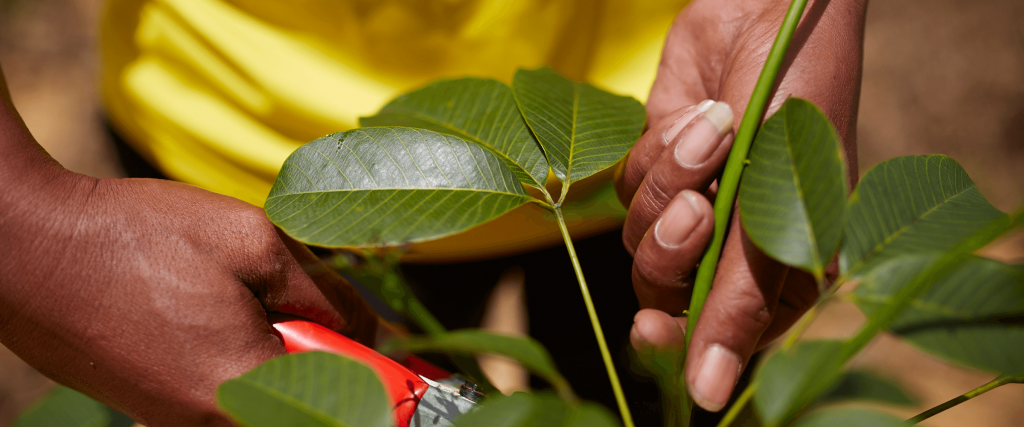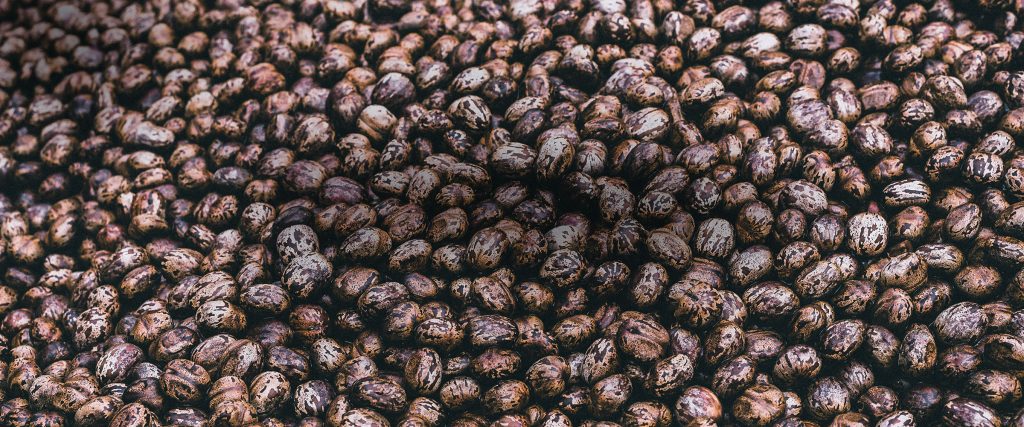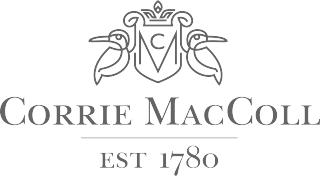2018 Review
2018 may well prove to have been a seminal year for both the rubber industry as a whole and the rubber market in particular.


Where we are today
CMCP will forever remain 30,000 hectares rubber plantation, 5,000 hectares infrastructure and 65,000 hectares non-planted, or in other words, untouched.
Even without further development, and thanks to advanced planting technology, there is a compelling growth story for the plantation. Today we estimate there to be 4.5 million mature trees which will produce 19,000 tonnes of rubber this year. In 2030, and factoring in the Outgrower Programme, we forecast 15.5 million mature trees producing 82,000 tonnes.
So where does all this rubber go?
A lot of our rubber is used in producing medical equipment such as medical gloves, tubing, catheters and condoms, and other specialty products such as adhesives and industrial anti-vibration products. To put it into perspective, our 82,000 tonne output could manufacture 55 billion condoms or 12 billion medical gloves each year.
Critical products used in health and safety depend on quality material. The plantations feed two factories – the SudCam factory to be completed in Q3 this year, and HeveCam. These factories, operating under the Latexpro and Heveapro standards are accountable to the stringent 3rd party certified, 1,000 point audit covering Quality Standards, EHS, Sustainability and Supply Chain Security. Hevecam has recently been upgraded with 12 new, state-of-the-art centrifuges and is currently undergoing an overhaul to its waste-water recycling system. Sudcam’s newly built factory is customised to provide the highest quality latex for the medical industry, and has been fitted with advanced energy and waste equipment.
Adapting to a new world
I believe that not all rubber is created equal and as I look back at what CMCP was 3 years ago, and where we are today, nothing is more true. CMCP and the larger Halcyon Group, along with the long list of our partners in Civil Society have made change happen.
The world is now adapting to a new supply chain. Climate change, pandemics and the geopolitical environment have laid bare the vulnerabilities of the world’s supply chains. On one side, industry now needs to value resilience and robustness alongside efficiency. Customer and supplier need to collaborate to build buffers against shocks, re-orient from just-in-time to just-in-case, and future-proof global trade. With 90% of natural rubber originating in the East, CMCP’s role in this transition is to secure supply to the Western Hemisphere of this critical product used to produce crucial equipment. In times of pandemics, an unstable geopolitical environment, and as we witness the shift of production from East to West, CMCP has cemented Cameroon as a source of high-quality, sustainable natural rubber.
On the other side, climate change and product sustainability will remain as the single most critical disruptor to our future, and we need to adapt. Our customers, like we have, will have to realise sustainability costs as they witness the shift from cost-competitiveness to risk-competitiveness, as their customers demand sustainable products.
The same plantation that was deforesting and displacing lives three years ago under previous management, is now rectifying the environmental and social grievances through our environmental and social action plan. We work hand-hand with the surrounding communities to create jobs, conserve forests and preserve better lives. We remain as the largest private employer in Cameroon.
Disrupt to Sustain
We go bigger than that through what we call ‘Disrupt to Sustain.’ Rubber is still referred to as a commodity, and the basic idea is that there is little differentiation between a commodity coming from one producer and the same commodity from another producer. What I currently refer to as my Cameroon2021 Product will prove that this is no longer the case.
CMCP has invested in, and nurtured a product that previously caused harm, to a traceable, premium quality product- a product that doesn’t just minimise impact, instead positively influences it’s place and people of origin. But we didn’t stop there…
Traceability of raw material in the supply chain is of key interest because we need to know that no harm environmentally or socially is being caused. Our strict on-boarding process for our Outgrower Programme means that we are able to map and trace all of our raw material. We produce 100% traceable rubber.
Our Hevecam plantation is currently undergoing a stepwise process toward FSC certification. Certification is expected before the end of 2020. The forest management certification confirms that the forest is being managed in a way that preserves biological diversity and benefits the lives of local people and workers, while ensuring it sustains economic viability.
Having taken a holistic view, we recently engaged international non-profit Rainforest Alliance to conduct a study on CMCP’s carbon balance. The study has shown that due to the high carbon sequestration rate of the rubber tree, our decision to protect forest, and our sustainable farming techniques employed, CMCP is a carbon neutral operation. As we move to better this further, we are commissioning a rubberwood factory to ensure at replanting, carbon remains within the wood and is not released as emissions.
In another partnership with Rainforest Alliance, we have pledged to join their Forest Allies where we will work with a group of other multinational corporations to empower smallholders and communities across critical forest ecosystems to manage their resources responsibly while securing strong livelihoods for themselves and their families. Through our work with Forest Allies, our product which is FSC certified will also proudly brand the Rainforest Alliance Frog Seal.
It’s up to the customer
We set out 3 years ago to develop a case study on what sustainable natural rubber would look like, and I believe we are almost there. It has been 3 years of both capital and time investment. The fact of the matter is, sustainability costs…
We can’t stop there and the investment is ongoing. We have developed the product and now we need to upkeep it. We seek the customers to partner with us, to understand that sustainability costs, and that rubber is no longer a commodity.
My name is Ryan Wiener and I will be the contact point for this Sustainable Natural Rubber. [email protected]

